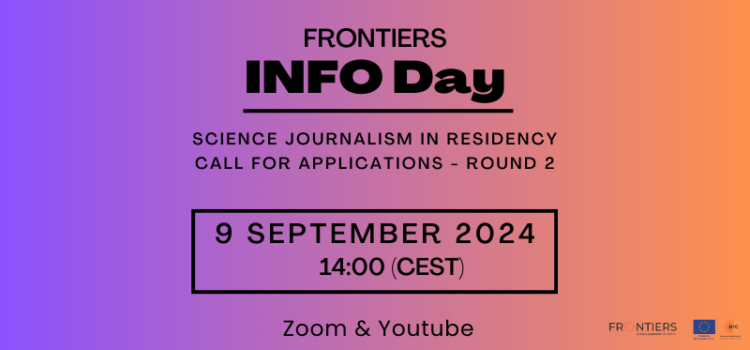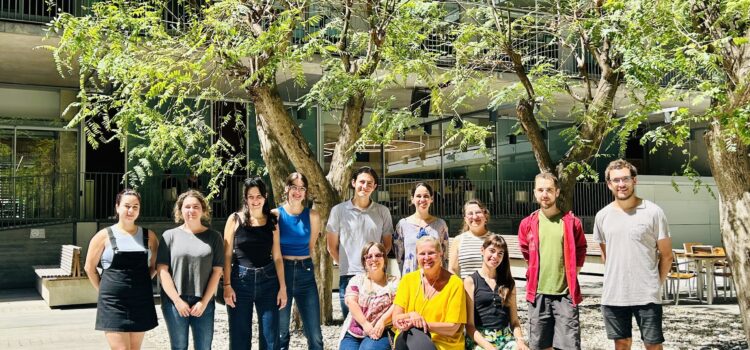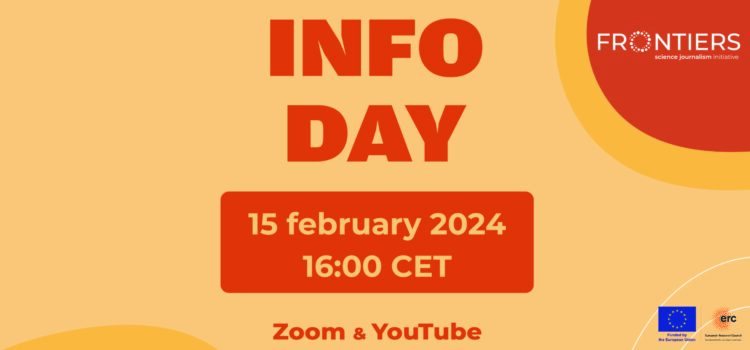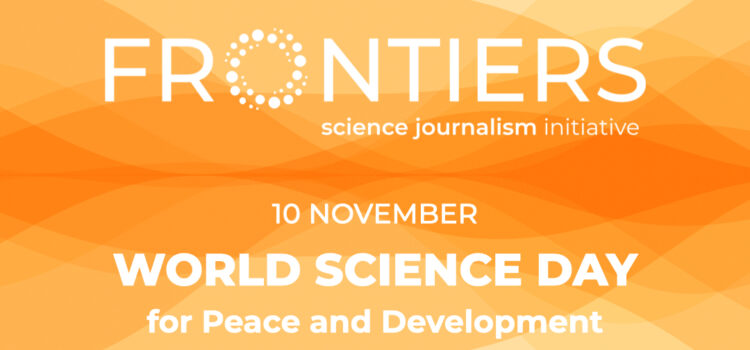Before launching the Science Journalism Initiative (SJI), the European Research Council (ERC) tested the idea for a residency program for science journalists in European research host institutions, through a short pilot experiment in three different countries. The results not only guided the ERC but may also serve as an inspiration for other science journalists, researchers, and host institutions to embark on the adventure promoted by FRONTIERS.
Three research institutions, in the Czech Republic, Italy and Spain, were selected to host science journalists for one month in late 2022. The Science Journalism Initiative’s initial testing contributed to enhancing scientists’ awareness of the importance of interacting with journalists.
According to the ERC, the test run confirmed that there is a need for this type of programme. “The employment conditions of journalists, including science journalists, are worsening, there are fewer resources and time for training and development, limited opportunities for journalists to establish a network among themselves, and little money for in-depth study and research”.
“For a journalist, it’s exciting to learn about cutting-edge research areas”, said one of the participants in the test run. “Being able to spend extended periods with a research group, seeing firsthand their experiments and equipment, was the most valuable part of this experience. This immersive aspect really brought their work to life.”
For the researchers, it was also a very valuable experiment: “I liked having the opportunity to talk to the journalist. She was immediately inside my research, showing interest, asking the right questions, and inspiring me with my answers”, said one of the host researchers.
The FRONTIERS project will build on the recommendations of the pilot experiment to set up its science journalism residency program, which is expected to open up to 40 fellowships in the next four years The residencies will last for up to five months, thus allowing for more time for journalists to explore scientific topics in a broad range of host institutions engaged in frontier science in any scientific domain.
Thanks to the “test run” project of the ERC and the choice of the head of communication of the research institution, I have had the opportunity to participate in a very interesting and enriching professional experience: for a month, visiting several leading research centers to see first‐hand the scientific work they carry out, as well as the activity of the respective departments of Communication.
Science Journalist of the ERC SJI test run
Our scientists were pleased to hear that we are piloting a science journalism initiative for such a prestigious brand as ERC and they have realised that visibility of research results must be important if ERC is planning to roll out such type of initiative. Therefore, we can say that our scientists have become more open to sharing their research results
Press officer at a host institution









